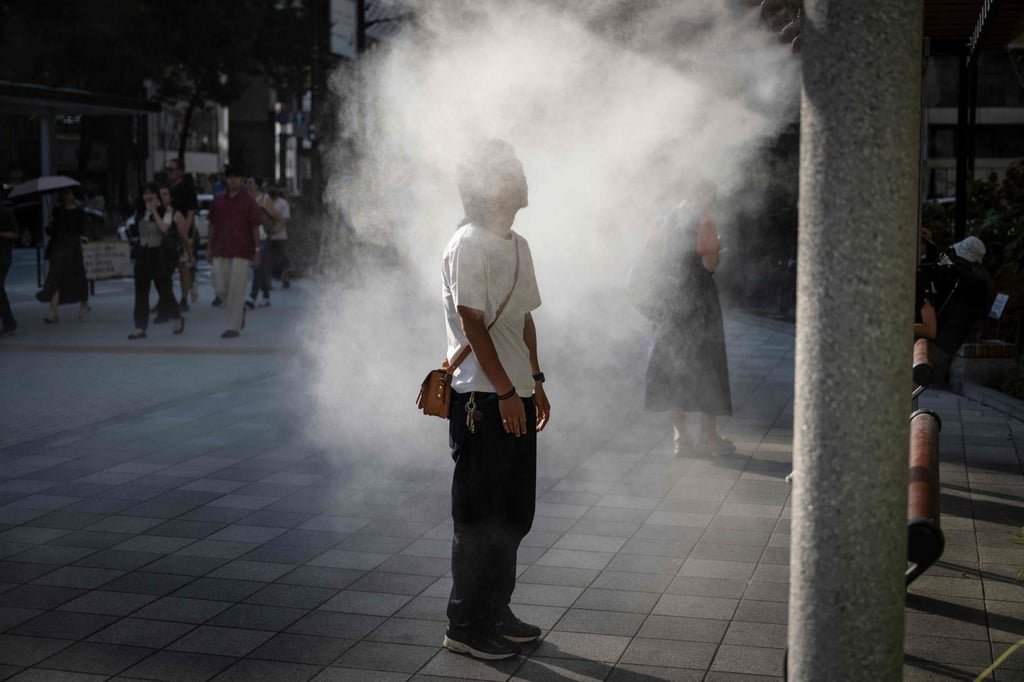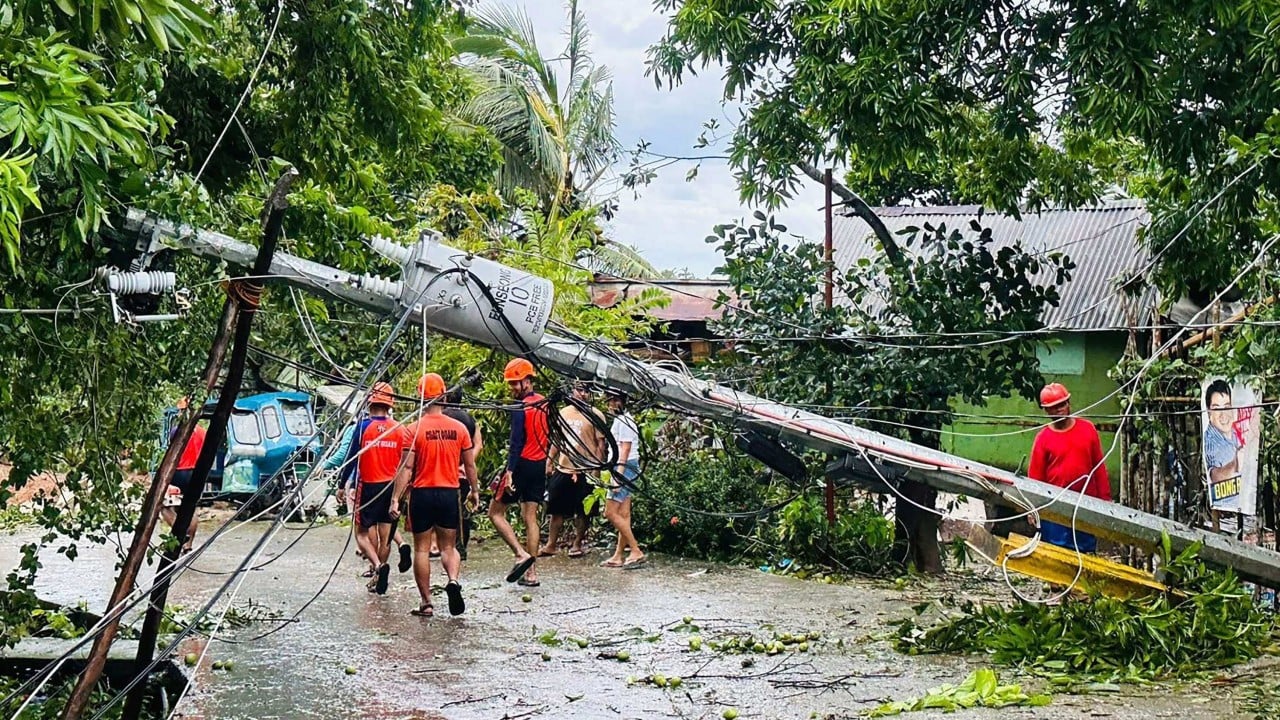As the milestones to limit global heating crumble and America – the world’s second-largest consumer of fossil fuels – abandons climate goals, policymakers from Asia have gathered at Bangkok’s Climate Action Week to discuss ways people can protect their region from the coming storm.
Advertisement
Climate scientists have warned global temperatures are likely to exceed the 1.5 degree Celsius rise above pre-industrial levels at some point over the coming five years.
That is well on track to hit 2 degrees, established by the Intergovernmental Panel on Climate Change as the marker before a point where catastrophic climate change fundamentally changes human life.

In Bangkok this week, experts shared Asia’s new and alarming metrics of climate change.
More than 100,000 people in Japan were sent to hospital this summer (May to September) with heat stroke, according to its Fire and Disaster Management Agency – a record number.
Sixteen typhoons so far have hit the Philippines where shrinking cacao yields caused by drought and floods threaten chocolate supply, while the World Bank warned Thailand could lose between 7 and 14 per cent of its GDP by 2050 to “floods, heat stress, water shortages and coastal erosion”.
Advertisement
But delegates also said the new reality had sharpened thinking over solutions to – and ways to mitigate – the impact of the climate crisis.
Those include lobbying to ensure the race for rare earths crucial for artificial intelligence chips and electric vehicle batteries do not become a “resource curse”, to a reality check on the expectations of the speed of transition away from fossil fuels.

